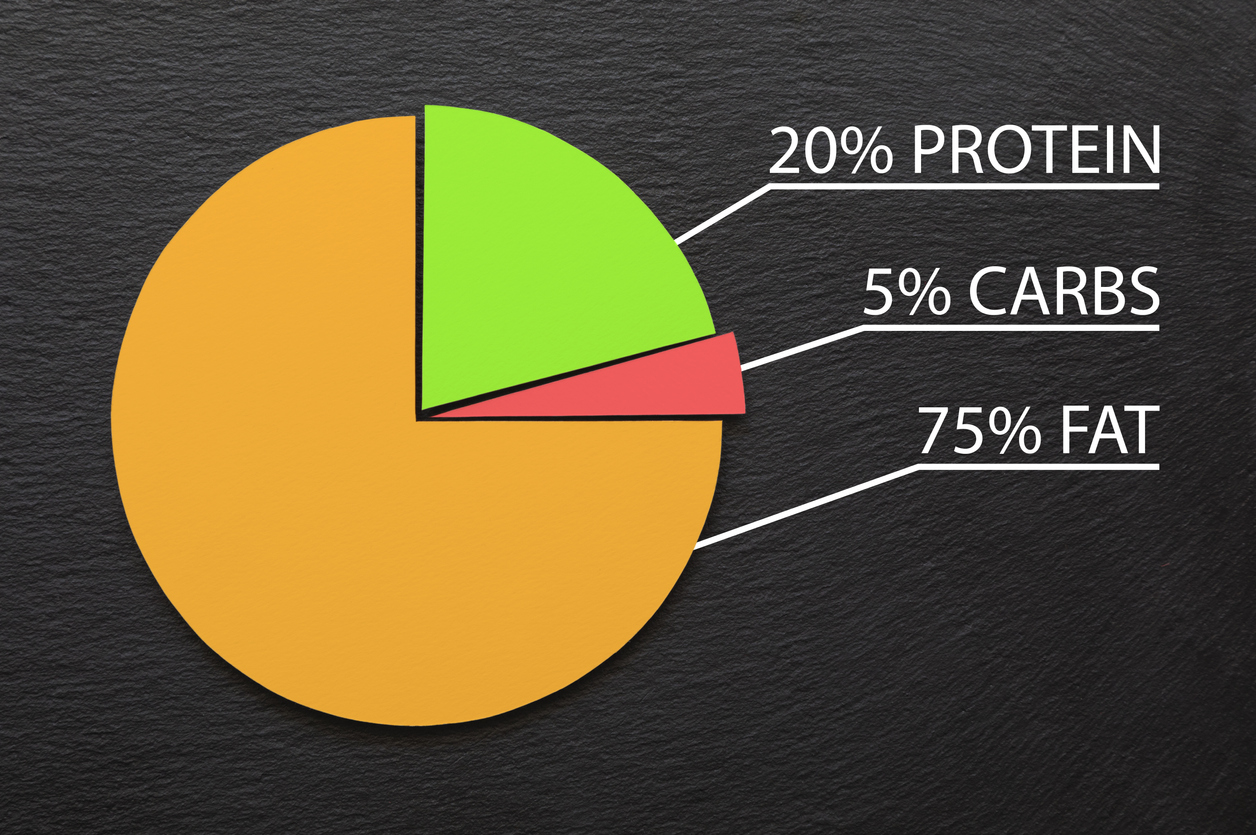Macros – Are They Really Important?
When it comes to dieting and getting healthy (or fit), calories seem to be the main go-to for people. You count your calories, keeping them under or on par with a specific number to ensure that you reach your goal weight.
But that’s only the surface level. What really matters is the macronutrients (better known as macros) that you consume as part of your diet. It’s these nutrients that have a greater impact on your diet and health.
Let’s a deep dive into macros and how important they are.
What Are Macros?
We might have to go a little deeper here: nutrients are what we get from food to survive. There are two types of nutrients: macro and micro.
The latter refers to vitamins and minerals found in food and are required in small doses. The former refers to specific foods that fit into categories you consume in large amounts, giving you the energy you need to go about your daily routine.
There are three main macros: protein, fat, and carbohydrates.
How Do Macros Work?
The energy provided by these three macros is essential for your everyday life. When you consider that protein and carbohydrates contain about four calories per gram, and fats contain nine calories per gram, they make up a lot of your daily food consumption, thereby giving you the energy required.
But it’s more than just that. It’s the added benefits that come with these foods. Essential amino acids from protein and fatty acids from fat are needed to make your body survive. Carbohydrates are the ‘sugar’ of your three sections, giving you energy in which your body burns throughout the day.
So…What Macros Should I Eat?
It all depends on what you want to achieve really. There is no standard set amount of macros a person should eat, as it is different from person to person and depends on numerous factors: your height, weight, activity level, and age.
It is possible to determine the amount through diet calculators or fitness apps like MyFitnessPal.
With common diet calculators, you can determine the number of macros you can eat per day as designed by your goals. The calculator divides the calories into carbs, protein, and fat in different ratios depending on the diet plan.
For example, if you are looking to get fit and lean, you would have a higher count of fats and proteins than carbs. On the other hand, if you’re trying to lose weight, the focus could be more on carbs and protein than fats. If you’ve decided to do keto, well, that’s pretty much all protein and fat.
But just because you’re counting macros doesn’t mean you’re eating healthy. You still have to understand the type of food that is entering your body. Eating a bag of cookies might cover your fats for the day, but it’s not going to help you achieve your goals. You should always focus on eating the healthiest option available to you, giving you the best possible results.
How Does Counting Macros Help You?
By counting your macros daily, it can help you achieve better results for your health and body. In many cases, it has been known to lose stubborn fat, maintain lean muscle mass and keep your body satisfied. It is also considered part of many personal trainers’ routines and diet programs (https://dreamfitness.ca/).
It is also a simplification process, It is easier to know how many macros you’re eating as opposed to calories. In some cases, people count both calories and macros (thanks to fitness apps, it does make it easier to track) to get the maximum amount of nutrients while staying below their calorie limit.
“To calculate macros, you can go for the Macro Calculator which collects your data and instantly tells you how much macros you need.”
Most significantly, keeping track of your macros can help you make and plan smart, healthy food choices. It’s similar to counting calories, but it takes the ideology one step further.
Isn’t The Tracking Tiresome?
Yes, we know what you’re thinking: I got to count another thing on top of my daily life? Thankfully, with apps like MyFitnessPal, and personal trainers keeping an eye on our intakes, it’s not as difficult as it seems.
If you know you won’t last the distance, start the process and track your macros for a week. With this foundation, you’ll identify places you could optimize your diet so you can have more protein, carbs, or fats – depending on what you want.
Remember that considering macros can start a very healthy routine that sets you up to be healthier, fitter, and better.


